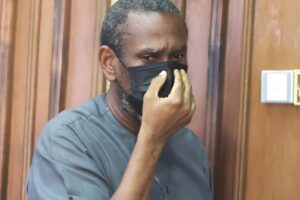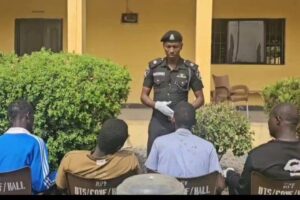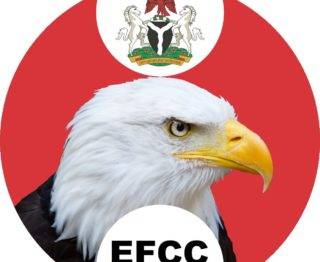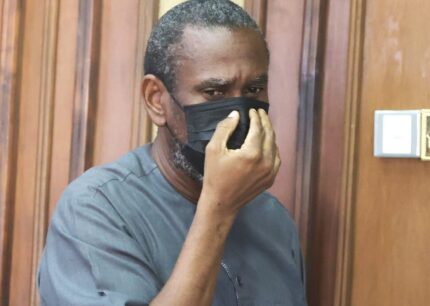The Kogi State government, alongside 15 other states, has initiated a landmark legal battle at the Supreme Court, seeking to challenge the legality of the Economic and Financial Crimes Commission (EFCC). The states are questioning the constitutionality of the laws that established the EFCC, asserting that they violate the provisions of the Nigerian Constitution. This case, originally filed by Kogi’s Attorney General, has gained traction as more states, including Ondo, Edo, Oyo, and Ogun, have joined as co-plaintiffs.
At the heart of the states’ argument is the assertion that the EFCC Act was enacted without the proper constitutional backing, specifically without the approval of a majority of the states’ Houses of Assembly. According to the plaintiffs, Section 12 of the 1999 Constitution mandates that international conventions, such as the United Nations Convention on Corruption, must be domesticated with the consent of state legislatures before becoming law. The states contend that this process was bypassed in the case of the EFCC Act, rendering it invalid.
States Argue EFCC Act Contradicts the Nigerian Constitution
The states’ legal team, relying on a previous Supreme Court decision in the case of Joseph Nwobike Vs Federal Republic of Nigeria, argues that the EFCC was established on the basis of the UN Convention against Corruption. They claim that the procedure for incorporating international conventions into Nigerian law, as outlined in the Constitution, was not followed. The plaintiffs insist that the Constitution is the supreme law of the land, and any legislation, including the EFCC Act, that contradicts it should be declared void.
According to the plaintiffs, since the EFCC Act was not properly enacted, the commission lacks the legal authority to operate in states that did not approve its establishment. The states also argue that any agency formed on the basis of this act should be considered illegal. This lawsuit has significant implications for the future of Nigeria’s anti-corruption efforts, particularly regarding the EFCC’s authority over state governments and officials.
Supreme Court Adjourns Case for Hearing on October 22
During the court proceedings on Tuesday, October 8, the Supreme Court, led by Justice Uwani Abba-Aji, adjourned the hearing until October 22 to allow for the consolidation of the case. Lawyers representing the states made various submissions, with most seeking to be joined as co-plaintiffs, while a few requested consolidation of their cases. The lead counsel for Kogi, Abdulwahab Mohammed, informed the court of the states’ requests and sought guidance on how to proceed with the case.
The Supreme Court granted their prayers, allowing the states to be joined as co-plaintiffs and giving others seven days to file their processes for consolidation. The Kogi State government, in its original suit, is challenging the federal government’s authority over state funds and the powers of the EFCC to investigate state financial matters. This case, which now involves 16 states, could potentially redefine the legal boundaries of the EFCC’s operations in Nigeria.
Potential Outcomes and Federal-State Relations
The outcome of this case could potentially redefine the balance of power between the federal government and state authorities in Nigeria. If the Supreme Court rules in favor of the states, it could limit the EFCC’s jurisdictional reach over state finances, affirming greater autonomy for state governments in fiscal matters. Conversely, a ruling in favor of the federal government would reinforce the EFCC’s role as a federal anti-corruption agency with broad powers to investigate financial crimes across all states.
The legal challenge mounted by fifteen Nigerian states against the EFCC’s Establishment Act represents a pivotal moment in the nation’s constitutional history. The Supreme Court’s forthcoming decision promises to shape the landscape of federal-state relations and the enforcement of anti-corruption measures in Nigeria for years to come. As the case progresses, stakeholders across the country await the court’s verdict with keen interest, mindful of its potential ramifications on governance and the rule of law.
Table of Contents
Discover more from OGM News NG
Subscribe to get the latest posts sent to your email.













